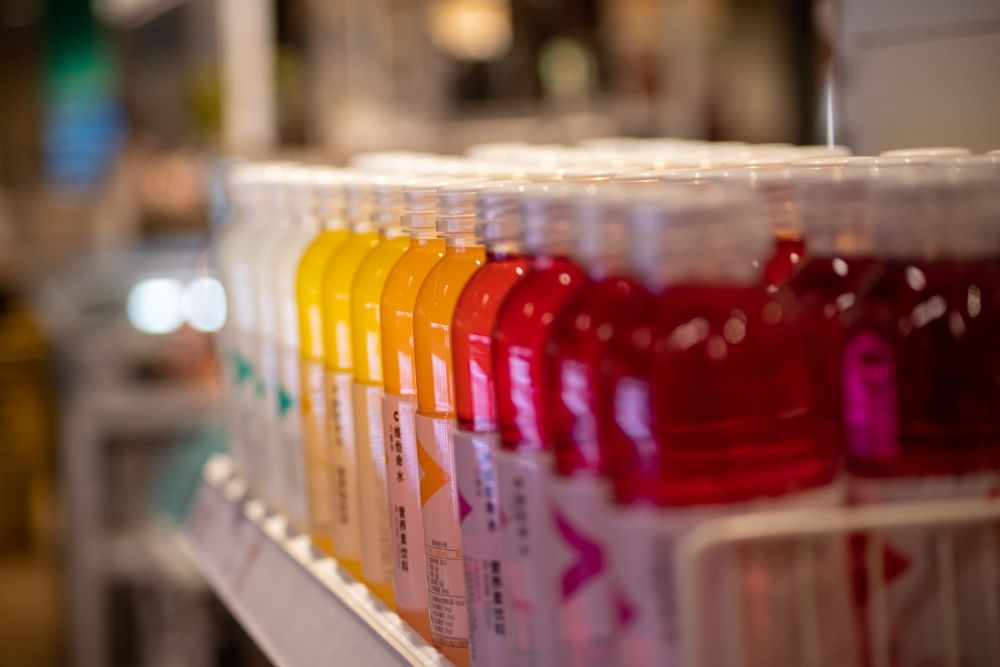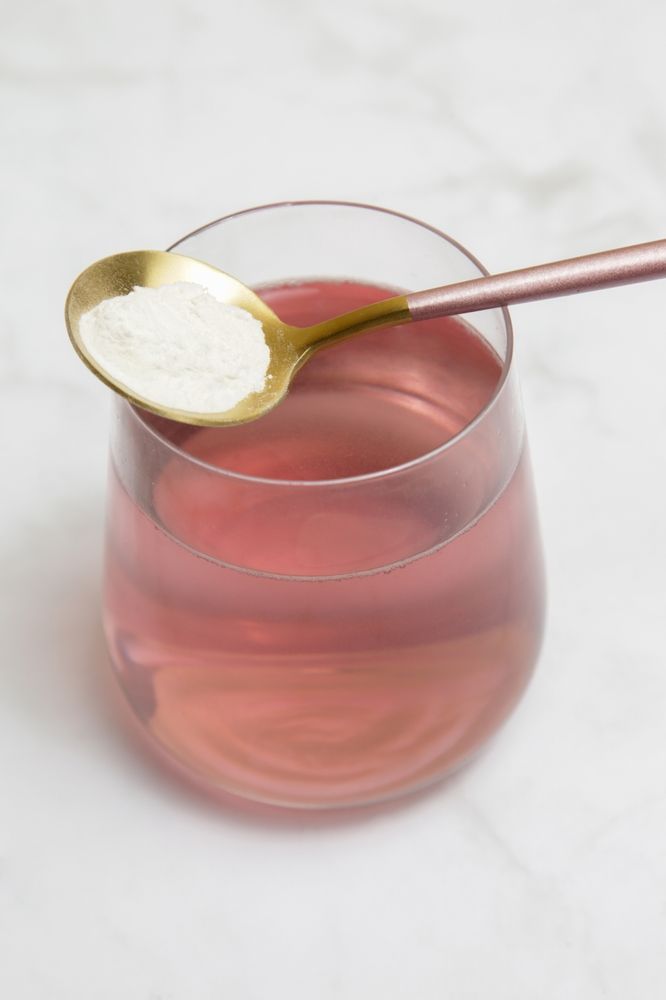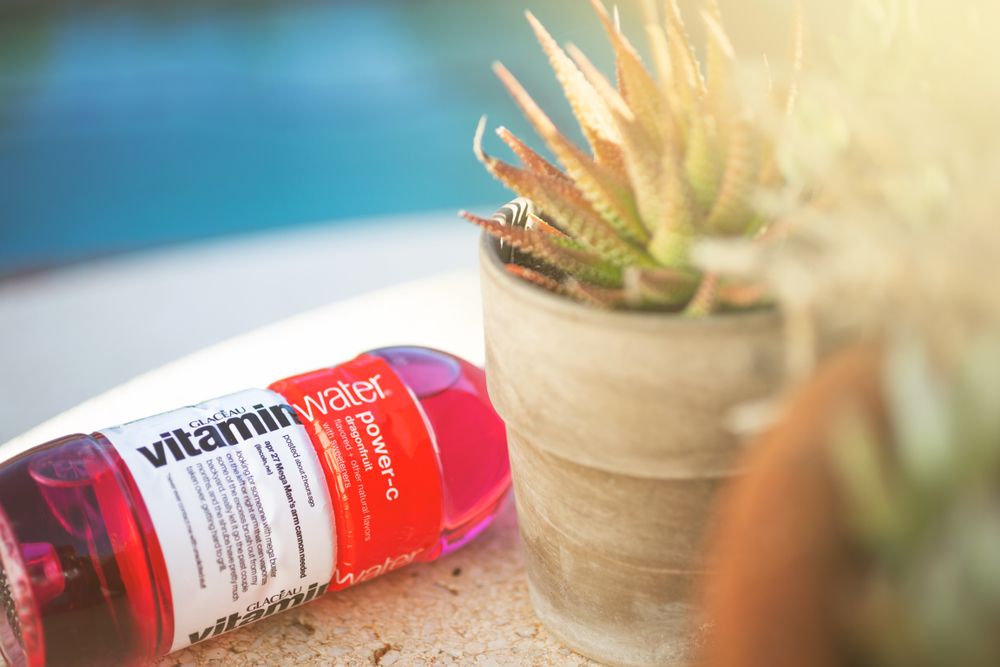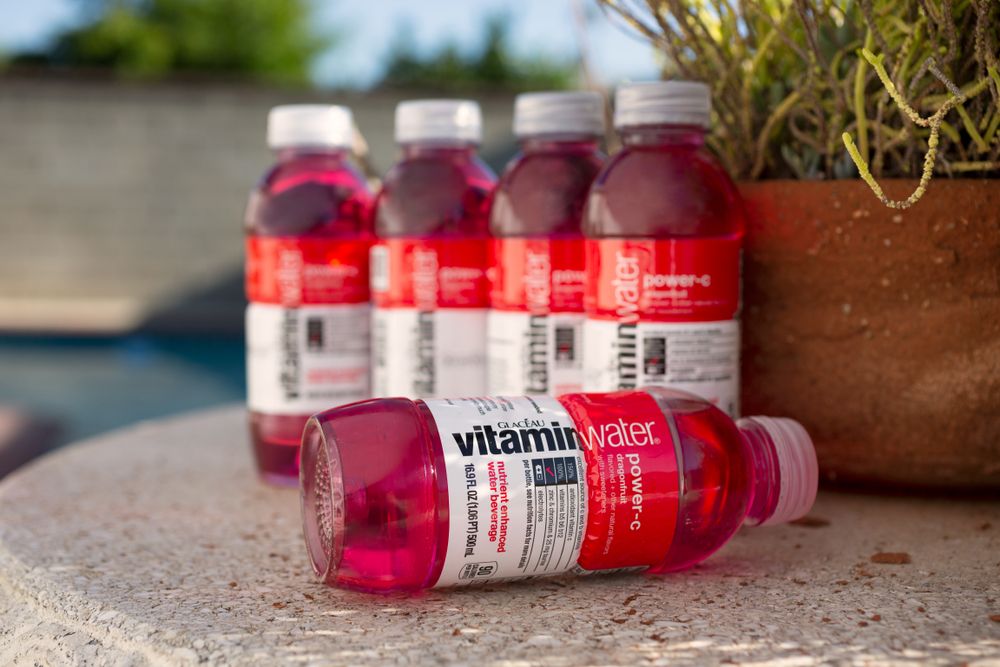
Like many wellness products, Vitamin Water's popularity has surged over the past decade. Marketed as a healthier alternative to traditional sugary drinks, it’s often seen as a nutritious choice due to its vitamin and mineral content. This perception, bolstered by marketing campaigns and endorsements from celebrities like 50 Cent, has made Vitamin Water a popular beverage for those looking to boost their vitamin intake.
The appeal of Vitamin Water lies in its promise of health benefits. Unlike conventional soft drinks, which often contain high-fructose corn syrup and empty calories, Vitamin Water is touted as offering an array of essential nutrients. Flavored with various fruits and infused with vitamins, these drinks seem to provide an easy and enjoyable way to increase your daily nutrient intake without the guilt associated with soda consumption.
However, as its popularity rises, so do questions about its actual health benefits. It's important to be aware of potential drawbacks. Read on to learn about Vitamin Water's ingredients and nutritional claims, and to find out whether or not you should reach for one the next time you're craving a cold beverage.
What Is Vitamin Water?
Vitamin Water is a flavored water beverage fortified with vitamins and minerals. Among the various types available, Glaceau Vitamin Water by Coca-Cola is one of the most popular.
Marketed as a healthier alternative to sodas and sports drinks, Vitamin Water appeals to those seeking a convenient way to boost their nutrient intake while staying hydrated.
A key component of Vitamin Water is its vitamin and mineral content. Different flavors offer various vitamins and minerals, with common enhancements including vitamin C, B vitamins, and electrolytes like potassium and magnesium.
Another important consideration is whether to choose the regular or sugar-free version. Many varieties of Vitamin Water contain added sugars, which can increase calorie intake. However, some varieties, like Shine Strawberry Lemonade, use natural sweeteners such as monk fruit extract or stevia, providing an option for those monitoring their sugar consumption.
Besides vitamins and minerals, Vitamin Water can contain additional ingredients such as taurine, guarana, caffeine, and soluble corn fiber (a prebiotic fiber thought to promote the growth of beneficial gut bacteria).
Nutritional Content of Vitamin Water
There are two types of Glaceau Vitamin Water: fruit-infused and zero-sugar flavored water with monk fruit and stevia. Since these two varieties are quite different, we’re providing nutritional information for both.

Nutritional Content (Per 20-Ounce Bottle):
- Calories: 100
- Fat: 0 g (Saturated fat: 0 g)
- Sodium: 0 mg
- Carbs: 27 g (Fiber: 0 g, Sugar: 27 g)
- Protein: 0 g
The regular version of Glaceau Vitamin Water contains 27 grams of added sugar, which is over half the daily limit of 50 grams recommended by the Dietary Guidelines for Americans. Considering that people may drink more than one bottle of Vitamin Water daily, the sugar can add up quickly.

Nutritional Content (Per 20-Ounce Bottle):
- Calories: 0
- Fat: 0 g (Saturated fat: 0 g)
- Sodium: 0 mg
- Carbs: 0 g (Fiber: 0 g, Sugar: 0 g)
- Protein: 0 g
The zero-sugar version of Vitamin Water appears to be a better choice for weight management compared to the full-sugar version, as it doesn't contain empty calories.
Health Benefits of Vitamin Water
There are several potential benefits of Vitamin Water:
1) Hydration
Vitamin Water can be an effective way to stay hydrated due to its water base. For those who don't enjoy the taste of plain water, Vitamin Water offers a fun and flavorful alternative to increase fluid intake.
2) Provides Dietary Supplementation
Vitamin Water, fortified with vitamins and minerals, can help fill dietary gaps when consumed as part of a balanced diet. Many types contain vitamin C, a powerful antioxidant that protects cells from damage. Depending on the variety, some also include other antioxidants.
3) Energy Boost
Vitamin Water often contains B vitamins, which are involved in energy metabolism, potentially providing an energy boost. Some varieties also include caffeine, offering an additional pick-me-up.
4) Post-Exercise Benefits
Vitamin Water may be particularly beneficial when consumed during or after intense physical activity, helping the body replenish lost electrolytes, glucose, and fluids.
Health Drawbacks of Vitamin Water
Despite its marketing as a healthier alternative to traditional soda, Vitamin Water has several drawbacks to consider.
1) High in Sugar
Many varieties of Vitamin Water contain significant amounts of added sugar, comparable to traditional sodas. For instance, a typical 20-ounce bottle can contain nearly 30 grams of added sugar, which is more than half the recommended daily limit of 50 grams. While occasional indulgence is fine, regular consumption of excess added sugar can contribute to metabolic diseases like type 2 diabetes and significantly increase the risk of cavities.
2) Potential for Overconsumption of Vitamins
The high vitamin content in Vitamin Water can also pose potential issues. While additional vitamins might seem beneficial, overconsumption can be problematic, especially for individuals with kidney issues. For example, several varieties contain electrolytes like potassium. Although excessive potassium intake is generally not a concern for most people, it can be dangerous for those with kidney disease if consumed in excess.
Some varieties of Vitamin Water contain over 300% of the daily recommended intake of certain vitamins, such as B vitamins. Given that some people may drink multiple bottles daily, intake of these vitamins can easily exceed recommendations. While excess B vitamins are typically excreted in the urine and may not cause harm, it might not be the best use of money to spend on unnecessary vitamins your body doesn't need.
3) Risk of Dietary Imbalance
Relying on Vitamin Water for nutrient intake can lead to dietary imbalances. Whole foods such as fruits, vegetables, whole grains, and lean proteins provide a comprehensive array of vitamins, minerals, fiber, antioxidants, and other nutrients that work synergistically to support overall health. By substituting these whole foods with Vitamin Water, you may miss out on the broader nutritional benefits that whole foods offer.
Is Vitamin Water Good for You?

While Vitamin Water can provide a convenient source of hydration and added vitamins, its health benefits are often overshadowed by high added sugar content and the potential risks of excessive vitamin intake if consuming more than one bottle daily.
To maximize health benefits, it's best to drink Vitamin Water in moderation and choose zero-sugar varieties when possible.
For natural hydration, consider infusing water with fruits, vegetables, or herbs to add flavor without added sugar and calories. If you prefer a warm option, try herbal teas. For an electrolyte boost, coconut water is a good choice, typically containing less sugar than Vitamin Water. Lastly, for a fizzy option, sparkling water with a splash of fruit juice offers a low-sugar alternative to Vitamin Water.

